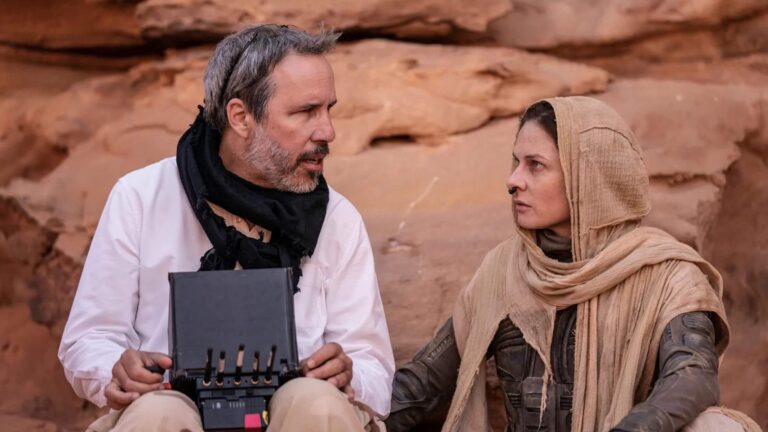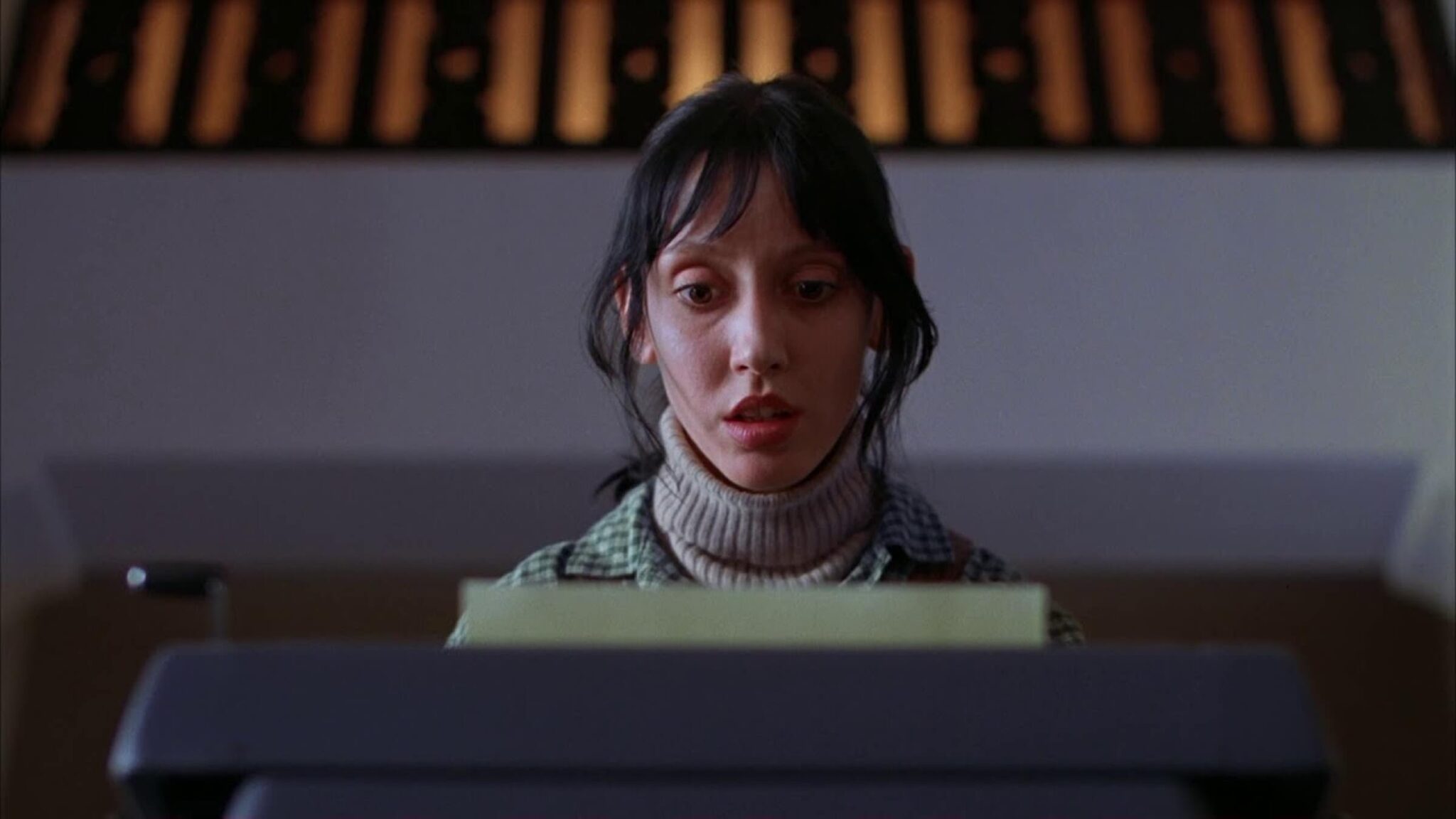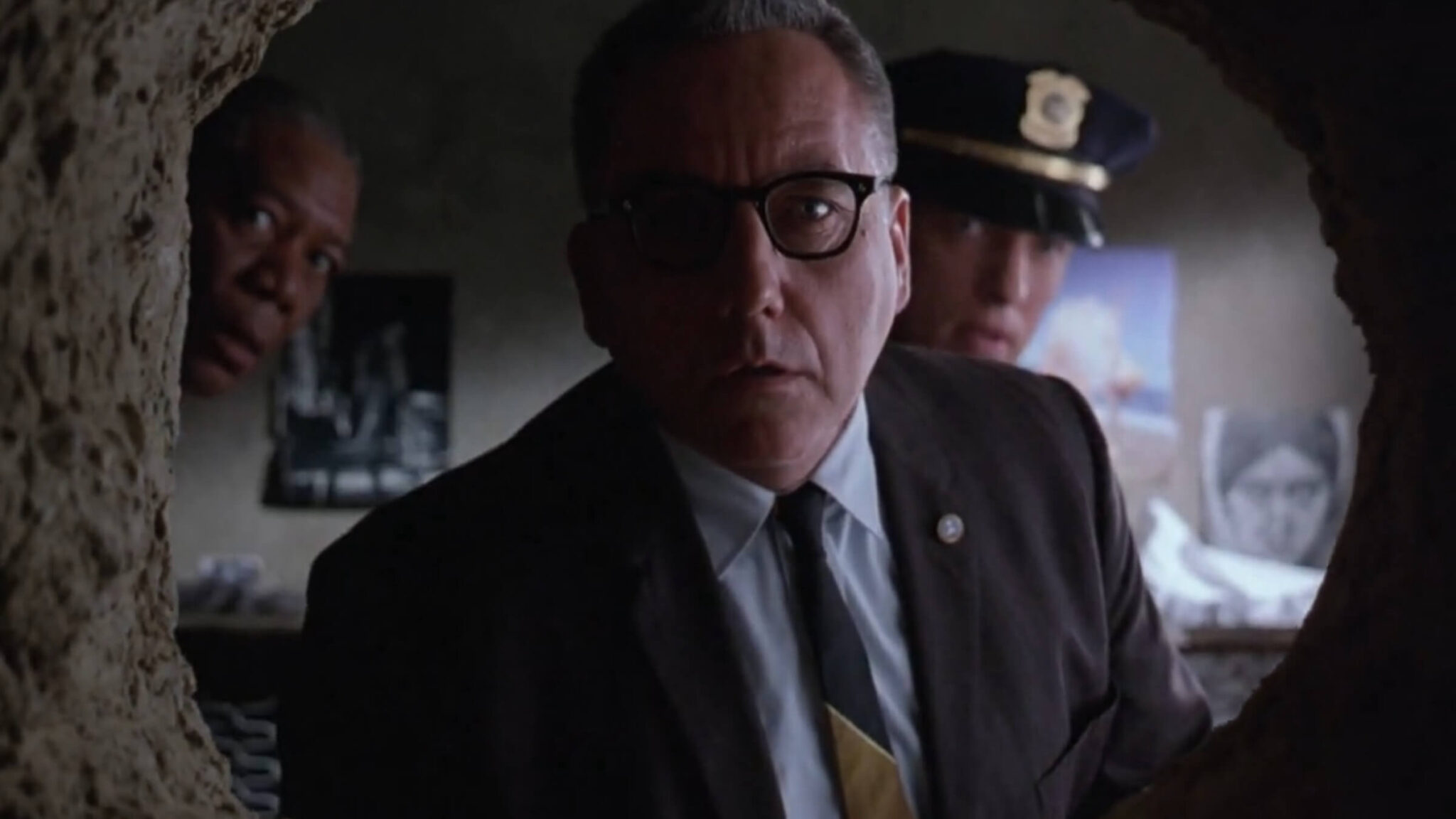101 Reasons You Should (and Shouldn't) Become a Screenwriter

The hard truth is that pursuing a career as a screenwriter is difficult.
The expectations are high, the competition is immense, and the degree of difficulty in breaking in is high and intense.
Not everyone can make it. In fact, most people don't.
However, somebody has to make it. Most screenwriters that end up with successful careers come from outside of the Hollywood system. Matter of fact, unknowns make it each and every year. But how do you know if it's worth the effort, given the odds against you? How do you know if you're even right for the job?
With those questions in mind, here we present 101 reasons you should or shouldn't become a screenwriter.
Reasons Why You Shouldn’t Become a Screenwriter
- You're hoping to win the lottery with one script
- You don’t like taking notes and directions from your bosses
- You only want to sell your pitches to Hollywood
- You can't handle the competition
- You're cynical about Hollywood and why they aren't making your movies
- You don't want to keep writing scripts while you wait to sell one or get hired for an assignment
- You're not willing to put in 5-10 years before seeing your first contract
- You don’t make an effort to network
- You're afraid and paranoid about showing your script to anyone
- You're too focused on preaching what's wrong with Hollywood movies and not focused enough on showing how you can make a difference
Okay, now let's focus on the positives.

Reasons Why You Should Become a Screenwriter
- You love movies
- You love episodic series
- You can spot common character arcs in movies or tv shows
- You can spot common story arcs in movies or tv shows
- You can interpret themes and messages in movies or tv shows
- You can see where the stories could go
- You can see where the stories should go
- You can see where the stories could have gone but didn't
- You can see where the stories of supporting characters could go but didn't
- You can easily conceive sequels to movies you just watched
- You can easily conceive what happens in the next episode of a series you just watched
- You can problem-solve what movies or series did wrong
- You can write compelling concepts and loglines for movies and TV shows
- You have a unique sense of humor that makes people laugh
- You tell the best stories to your kids
- You tell the best stories to your younger siblings
- You tell the best stories to your peers
- You're interested in being a part of an uncommon breed
- You want the chance to play God or Creator by creating worlds, characters, and circumstances that didn't exist before you started writing
- You want to feel the ultimate rush of creating a story and characters from scratch

- You want to feel the ultimate rush of finishing a feature script and seeing your full movie in your head
- You want to feel the ultimate rush of having others see your movie in their head after reading your script
- You want to feel the ultimate rush of seeing your words come to life on the big or small screen
- You want to play in a world of magic
- You want to change lives by telling compelling and inspirational true stories
- You want to change lives by telling compelling and inspirational fictional stories
- You want to get free therapy by expressing yourself and working out inner and outer conflict through writing
- You want to offer free therapy to others that have dealt with similar things you've gone through, and you're writing about
- You want to work in an office space of your choosing
- You want to work from home without having to go into an office
- You want to work on your own time and create your own hours
- You want to live your wildest fantasies through the eyes of your characters
- You want to make sure that you'll never ask yourself, "What if I had tried..."
- You want to collaborate with people that have made the movies you love
- You want to collaborate with talented people from around the world
- You want to inspire and connect with people from all walks of life
- You want to entertain and connect with people from all walks of life
- You can visualize stories well when you read books
- You can visualize stories well when people are sharing them with you
- You can visualize the unique and imaginative descriptions children make when telling their stories

- You can remember your dreams in a vivid fashion
- You can describe those dreams in a way that people can understand
- You can watch a movie trailer and see the many directions that the presented concept could go
- You can describe visuals easily
- You can describe things with clarity, using fewer words and sentences
- You can discipline yourself easily
- You can meet deadlines
- You can find time to write throughout the days, weeks, and months of the year
- You can adapt to the wants and needs of others
- You are open to changes and suggestions through a collaborative process
- You like to collaborate with others
- You can hand over a project and let other people interpret it
- You can accept that film is a collaborative medium
- You can accept changes that you don't agree with
- You can be patient with your career
- You're willing to let scripts that haven't drawn attention gather dust on the "shelf" as you write more
- You're willing to revisit older scripts you've written and look upon them with a new perspective
- You're able to keep your head out of the clouds
- You can accept that your first screenplay probably isn't going to sell
- You can accept that your second screenplay probably isn't going to sell

- You can accept that your third, fourth, and fifth script likely won't sell
- You can hope for the best that they do but be prepared for the likelihood that they won't
- You can retain that hope, knowing that it could happen for you, all while moving forward
- You can accept that most spec scripts are not sold
- You can accept that most script contracts are assignments
- You can take someone else's idea and deliver on their vision by using your storytelling skills
- You can find ways to bring new ideas to familiar ones
- You can make the familiar seem new
- You can blend genres in creative ways
- You can choose your battles wisely when working with others
- You can be as objective as possible with your own work
- You're ready, willing, and able to write outside of your comfort zones
- You have a strength in writing about a certain genre
- You're ready, willing, and able to apply that strength and adapt it to other genres
- You're willing to work a regular job to support yourself as you write on the side
- You're willing to submit your work to the scrutiny of others
- You're willing to accept industry guidelines and expectations
- You're willing to navigate through those guidelines and expectations
- You understand why format matters
- You are willing to explore the many story structures you can utilize

- You're willing to constantly grow and evolve as a writer
- You're willing to go the extra mile to pepper your scripts with twists, turns, and added depth
- You can resist worrying about people stealing your ideas
- You can tell a visual story without directing it with specific camera angles, camera movement, etc
- You can stay disciplined and write a draft in three months, not three years
- You can learn to write fast and well
- You can display confidence in your writing
- You can avoid being arrogant and egotistical about your writing
- You can get to a point where you don't have to rely on others to read, review, and offer feedback for your scripts before you submit them to anyone
- You can handle rejection with grace and learn from it
- You can accept that Writer's Block is BS, and when you're a pro screenwriter, there's no time for it
Takeaway
Becoming a professional screenwriter requires a combination of natural talent, honed skills, and dedication. While some aspects, like creativity, may come naturally, others can be developed through practice. It's important to take the time to assess your motivations and determine if screenwriting is the right path for you. Whether it's mastering the craft, honing your storytelling abilities, or finding your voice as a writer, the journey of a screenwriter is both challenging and rewarding.
Read More: How to Write a Screenplay: 10-Step Guide
Ken Miyamoto has worked in the film industry for nearly two decades, most notably as a studio liaison for Sony Studios and then as a script reader and story analyst for Sony Pictures.
He has many studio meetings under his belt as a produced screenwriter, meeting with the likes of Sony, Dreamworks, Universal, Disney, and Warner Brothers, as well as many production and management companies. He has had a previous development deal with Lionsgate, as well as multiple writing assignments, including the produced miniseries Blackout, starring Anne Heche, Sean Patrick Flanery, Billy Zane, James Brolin, Haylie Duff, Brian Bloom, Eric La Salle, and Bruce Boxleitner, the feature thriller Hunter's Creed, and many produced Lifetime thrillers.
Follow Ken on Twitter @KenMovies and Instagram @KenMovies76.
Get Our Screenwriting Newsletter!
Get weekly writing inspiration delivered to your inbox - including industry news, popular articles, and more!































